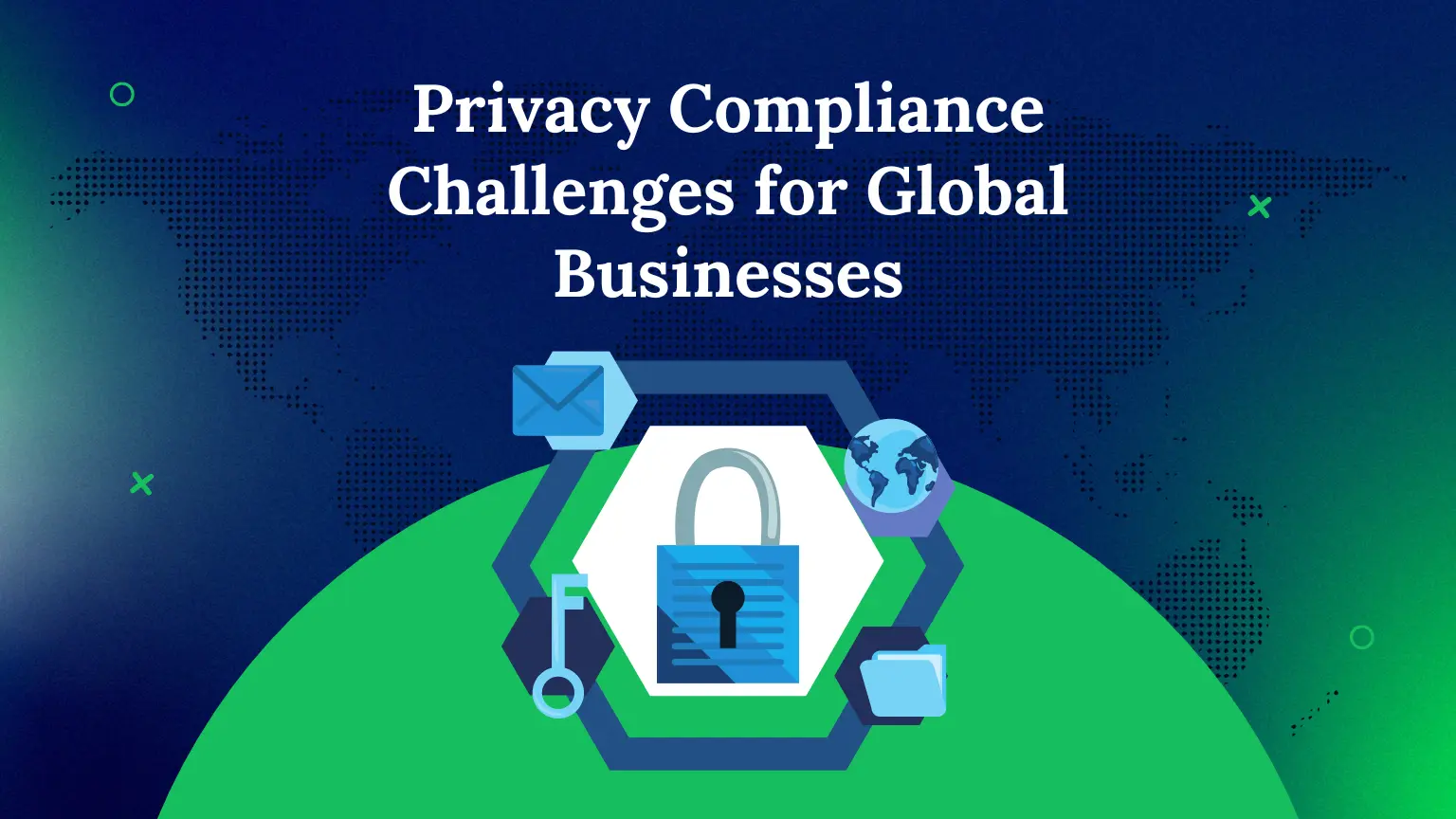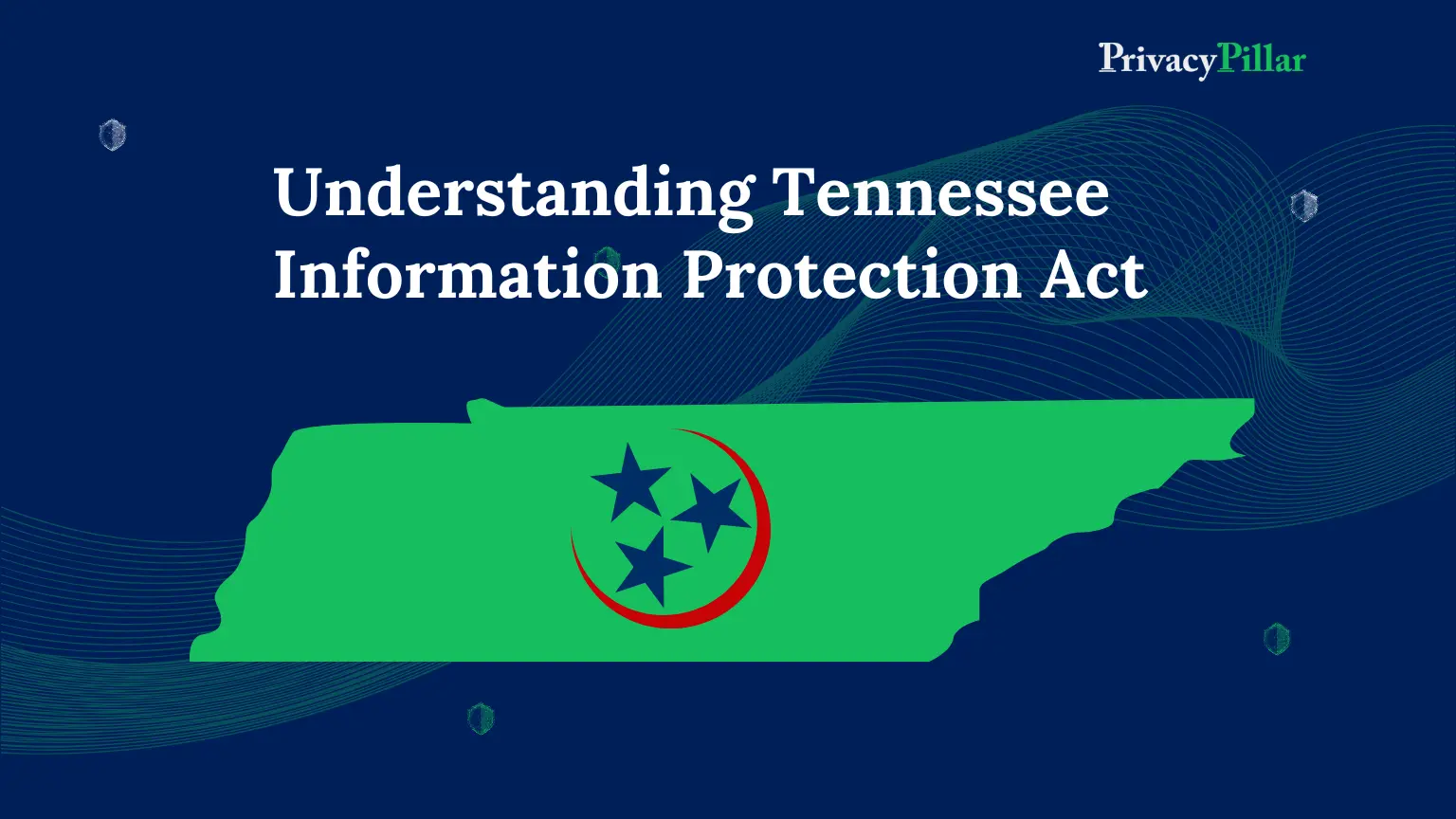
Privacy Compliance Challenges for Global Companies
In today’s interconnected world, data has become essential for businesses, driving innovation, efficiency, and growth. However, as companies expand across borders, ensuring compliance with data privacy regulations has become a significant challenge. The varying laws and regulations governing data privacy from one jurisdiction to another create a complex set of requirements that global companies must comply with. A few years ago, data privacy wasn’t such a challenge.
The General Data Protection Regulation (GDPR), implemented by the European Union in 2018, became a game-changer. The GDPR’s strict data collection, storage, and user rights requirements have forced businesses to take a more proactive approach to data privacy. Now, countries are creating stricter laws to protect people’s information. This is good news for privacy but a challenge for global businesses.
Challenges for Global Companies
Diverse and Changing Regulations
The global data privacy landscape is constantly changing, with new regulations and old ones being revised. This creates a significant challenge for companies operating in multiple countries, as each place has its own set of data privacy laws with unique requirements. The EU’s General Data Protection Regulation (GDPR) has influenced many other countries to update their data protection laws, including California, USA’s California Consumer Privacy Act (CCPA), Canada’s Personal Information Protection and Electronic Documents Act (PIPEDA), Brazil’s General Data Protection Law (LGPD), UAE’s Personal Data Protection Law, China’s Personal Information Protection Law (PIPL) and India’s Digital Personal Data Protection (DPDP) Act.
Keeping up with these changes and staying compliant everywhere is difficult for global companies. Failing to comply can result in heavy fines, damage to reputation, and even being banned from certain markets.
Complex International Data Transfers
Multinational companies frequently use cross-border data transfers, but they are subject to a complex set of rules. Companies must utilize legal mechanisms such as Standard Contractual Clauses (SCCs) or Binding Corporate Rules (BCRs) to transfer data lawfully. Additionally, some countries mandate the local storage of specific data, which adds to logistical challenges. These restrictions can significantly impact business operations, particularly in cloud computing and e-commerce. Balancing compliance with these rules is challenging while maintaining operational efficiency.
Conflicting Regulations
Data privacy laws share basic principles such as protecting personal data and obtaining consent, but the specific regulations can vary widely. This lack of consistency creates a complex web of obligations for global companies. Definitions of personal data, consent requirements, and data breach notification rules can differ greatly between countries. Navigating these differences and complying with each country’s unique rules is challenging.
Managing Consent and Data Subject Rights
Obtaining valid consent from individuals to collect and process their data is a fundamental principle of data privacy laws. However, the specific requirements can vary widely. Companies must understand the specific details that should be included in privacy notices, the distinction between obtaining consent through opt-in and opt-out methods, and the circumstances under which consent can be withdrawn. In addition, data privacy laws grant individuals certain rights over their data, such as the right to access, correct, or delete it. As a result, companies must have systems in place to handle these requests on a global scale.
Data Mapping and Inventory
Understanding how data flows within an organization is crucial for compliance. This requires mapping the collection, storage, processing, and transfer of personal data. For global companies, this can be a significant undertaking. Maintaining an accurate inventory of personal data across different systems and regions is a major challenge. Failing to do this accurately can result in non-compliance and potential data mishandling.
Resource Constraints and Costs
Complying with global data privacy regulations requires a substantial investment of financial and human resources. Implementing data privacy policies and technologies across different regions can be expensive. Companies need legal expertise to navigate the laws in each jurisdiction and must allocate resources for employee training programs. Additionally, specialized technologies like encryption and access control also require financial investment. These costs can be particularly challenging for smaller companies or those operating in heavily regulated industries.”
Data Governance and Accountability
Global data privacy compliance needs strong data governance frameworks and accountability measures. This includes clear policies, procedures, and roles for managing data privacy and effective monitoring and auditing. Maintaining consistent governance across different cultural and organizational contexts is challenging for multinational companies. Promoting data privacy awareness and compliance culture requires ongoing training and communication. Companies must also have clear lines of responsibility, including dedicated data protection officers.
Third-Party Services
Many multinational companies utilize third-party services for various operations, such as cloud computing, data analytics, and marketing. Ensuring these vendors comply with data privacy regulations and respect consent preferences adds another layer of complexity. Companies require robust data-sharing agreements and technical integrations to enforce data privacy rules with third parties. Ongoing monitoring and auditing of these external partners is essential.
Our solutions for Global Compliance
Jurisdiction Sensitive:
Our product automatically detects the IP address of incoming website visitors and uses this information to dynamically serve tailored and privacy-compliant cookie consent banners in alignment with each visitor’s locale and preferences, ensuring content, language, and privacy settings are tailored to each visitor.
Data Subject Access Request (DSAR) Service:
Our solution automates the handling of Data Subject Access Requests (DSARs) by using automated workflows and data discovery systems to streamline the process, simplify response processes, ensure continuous compliance, and facilitate clear communication with data subjects through real-time notifications.
Cookie Consent:
Our Cookie Consent Service ensures compliance with various regulations such as CCPA, GDPR, and other state laws. It provides a centralized dashboard to manage cookie consent across multiple domains and user journeys. The interface is user-friendly and explains the purpose of cookies, enabling users to make informed decisions about their consent.
Consent Preference Management:
Our Consent Preference Management Service ensures that organizations effectively collect and manage user consent, enhancing transparency, trust, and compliance with regulations like GDPR, CCPA, etc. It offers a transparent and user-friendly consent experience, allowing customers to understand and control how their data is processed and to customize consent options based on specific data processing activities.
Conclusion
Global compliance with data privacy laws can be complex and challenging for multinational companies. The ever-changing regulations, complex data transfers, conflicting rules, and resource constraints create significant obstacles. However, companies can manage compliance and mitigate risks by establishing strong data governance frameworks, thoroughly mapping data, strategically allocating resources, and effectively managing third-party services. Achieving global data privacy compliance is crucial for building customer trust, protecting reputation, and ensuring long-term success in a data-driven world.



